WHOLE PERSONHOOD & THE DOUBLE MOVEMENT ÷ A UNIFIED VIEW
THE CONCEPT OF WHOLE PERSONHOOD Investigating how individuals navigate personal, public, economic, political, social and personal spheres is one of the means of understanding the dynamics that exist between the agency of individuals and those of the forces of structure. Furthermore, the economic field and the role of money and labor in it define the latter and the extent to which alienation extends and how individuals are restricted in their wholeness (in actions and choices). The concept of Whole Personhood departs from the approach of the role of labor by defining the individual's place in the socioeconomic system. For understanding how labor shapes the different formations of whole personhood, the authors of this book rely on the concept of commodification by Polanyi. The concept of whole personhood is not a universal mold that defines an ideal type of human existence, and it does not offer a radical restructuring of the system – rather, it is a frame based on choice, individual action, and a decommodified space for human existence. To this end, we may need to reconsider the role of labor in the life of an individual and how the economic arrangements of capitalism define this across time (Chapter 4 by Varela & della Santa), as well as investigating digitization (Chapter 1 by Faludi, and Chapter 6 by Mols & Wijngaarden) and intersectionalities (Chapter 2 by Dén-Nagy, Chapter 8 by Pinto-López, Montaudon-Tomas and Yáñez-Moneda). Commodification, an expanding process, is capturing ever more physical space that is essential for human existence, including land (nature), thereby shrinking the array of choices (explored in Chapter 5 by Panico and Pascucci). Individuals navigating the pressure of collapsing spheres develop resilience (Chapter 9 by Tepavcevic) and expand their creativity (Chapter 7 by Guerra) as a result of their struggle for decommodified private spaces. The following sections will locate the concept of whole personhood within the frame of the double movement. HOW THE GREAT TRANSFORMATION TRANSFORMS WHOLE PERSONHOOD The Double Movement  Tél volt, vagy késő ősz. Az utolsó vonaton ültem Grazból Budapest felé, de Bécsben le kellett szállnom, és nem értem el az utolsó csatlakozást. Kivettem egy szobát a HauptBahnhof egyik szállodájában. Késő volt, fáradt voltam, enyhén bosszús, de amint a szobába léptem, mint mindig elfogott az a lazaság, amit kizárólag szállodai szobákban érzek. Ledobtam a bőröndöt, forró zuhanyt vettem, elnyúltam a frissen vetett ágyon, majd magamra kaptam a farmerem, a pulcsim, belebújtam a cipőmbe és a lementem a lobbiba. A lift gyorsan vitt le a hetedikről, mindig magas emeleti szobát kérek. Huszonkét-emeletes házban nőttem fel, szeretem az épületet függőlegesen érzékelni. A lobbiban a designer-fotelbe huppantam, a táskámból előhúztam a gépem. Kaptam egy estét magamnak. Azt hiszem, aznap este kötöttünk szoros barátságot a Zweigelttel. Fogalmam sincs, melyik borász márkáját szolgáltak fel, de az illata, és a mélysége behúzott, és minél mélyebbre süppedtem a fotelben, annál inkább behúzott a szöveg. A szöveg töredezett volt, csapongott, és folyton megzavartak a bárpultnál ácsorgó fickók pillantásai – valahogy még mindig nem világos, hogy egy nő egy bárban nem rájuk kíváncsi, pláne ha éppen ír vagy olvas, az tényleges és nem álcselekvés – de szerencsémre megjelentek nők, akik elfoglalták őket. Éjfél után nem sokkal fizettem, az utolsó fél pohár Zweigelt elvitt, mintha előbb egy filtert helyeztem volna a szövegre, amit sikerült leszednem és árnyalatokat adni hozzá. Zsákként zuhantam az ágyba – a legjobb állapot. A Zweigelt azóta is a kedvencem. 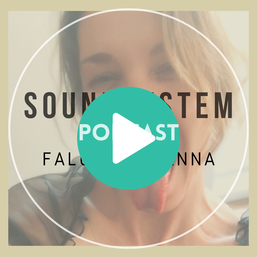 Podcast in Hungarian about music, society and culture. Season 1. covers the story of the Windrush generation arriving from the Carribeans to the United Kingdom. Jamaica has vastly influenced what we know about the British music production. The origins of ska, rocksteady and reggae, and how it was taken over by the 2tones bands, skinheads, punk. Colonial ties and postcolonisation through the lense of the music industry. Podcast a zenéről, művészetről, társadalomról és kultúráról. BŐVEBBEN A SOUNDSYSTEM PODCAST OLDALÁN ITT. REDCIRCLE ÉS SPOTIFY fa Time as a Commodity Time is an indiscernible part of human existence, interwoven with human institutions, in Polanyi’s terms, human and nature. Measuring time according to the observed patterns of the rhythm of the environment defines human interactions. Traditionally cycles in nature define our culture, that since the vast urbanization and industrialization has changed. The division of labour time and time spent apart from labour has gained value. How we use our time became a subject to consumption patterns (see Veblen and the leisure class on the matter) since modernity. Time use patterns can be influenced by social class, culture, and other external mechanisms such as regulations, time-work-housework balance, and so forth. The time spent on productive work or on labour is perceived – is the matter of externally constructed patterns, that have incorporated into our productivity-driven culture of time-deficit. Time bears symbolic meanings–the vision of the future/past–deployed in constructing narratives around commodities. The abundance of the time spent on browsing and digesting digital content stand in sharp edge with the actual scarcity of the time as we perceive it. How we consume the vision of time itself–such as a story constructed on social media by users, is being consumed with hunger–the time of the past and the time of the present are at conflict. Although time-use differs across different social groups in society (Wajcman 2015), there is a competition in gaining the user’s attention–a scarce resource, that advertisements and embedded content are competing for. In the attention deficit economy the agents have a limited attention span: a scarce resource to be deployed. ‘Free content’ is not a public good– users pay with their attention that companies economize on. Business models are placing out the costs of the attention taken from the users by providing ad-free space for a pay. Users pay for not being ripped off their attention: a scarce resource, deployed and consumed by ads. This latter process puts it straightforward that our personal digital space is a pervert commodity: one needs to pay to de-commodify it – a rent to be paid to freed attention. Attention, thus is seen as a resource to be commodified. (From the 'New Ficticious Commodities' - Julianna Faludi) Wajcman, Judy (2015). Pressed for Time, the Acceleration of Time in Digital Capitalism. The University of Chicago Press, 224.p.
I was blocking out many times, for longer periods. In my deepest despair I asked a remote friend of mine who seems to be publishing incessantly on so many platforms, you could just call in the middle of the night, ask him about anything and words would come thick and fast anytime. Just sit down and write: something, anything--he told me. And that's what I did, and instead of brilliant papers, first poems came, then thicker texts, other times sketches, or just rhymes, and characters would pop up right in front of my eyes that would stare at the screen trying to re-focus on a piece of research. Now I know that my integrity is based on my freedom, the freedom for allowing those texts to mold themselves into genres--that I didn't foresee coming before.
My best papers were ramblings jotted down and developed later on. They had to be brought into maturity. Deadlines are blocking me. Pushing is blocking me. Being alone on the road brings me inside, and I need to engage in a conversation. Many times had I been asked about my capacity to connect the supposedly two worlds--that of science and art. To my view there is one world, and my interpretation of it is that overarches the different genres. Never did I write down a word that was not genuine. I do not engage with anything for the sake of performing a role. faludi julianna The division of labour in society and how this division of labour is being shifted onto and into the families: is a process that has seen a further twist recently: under the lockdowns. The role of the state needs to be redefined, as well as we need to understand the family-structure from a structural view in the context of digital capitalism. This is what we explored with Michelle Crosby in our article in TripleC.
Happy 200th birthday Engels! Read my article about Vienna and the Cooling strategies of the city along with the new developments in architecture in the Octogon Magazine (in Hungarian)
I have launched a crowdfunding campaign for the English version of my novel Wall to Wall: the Art of Moving On, for two reasons. First, because the book is relevant today. The path for a book to go through the publishers first in the home country, then to get invested into as a product for the international market, takes years, and besides it is less likely for a first-book author. Second, I believe in the power of audience and authors, Gatekeepers do play an important role in the pre-selection process, but I did not eliminate quality-check from the process: the original Hungarian version of the book has been proofread, and rewrote based on feedback of pros. That would stand for the English version as well: this is why crowdfunding is needed: proofreading, editing and giving it a cool cover: fairly paid. This book popped out three years ago, and since then I have been working on the text coming back to it constantly: adding, subtracting and deepening the text. SUPPORT the book: so it gets to the readers. faludi julianna An excerpt from the book has been recently published in Hung in Prea the Literary Magazine. Read it on my page. An interview with Thomas Madreiter, Director for Urban Planning at City Council of Vienna.
Published in Hungarian in Magyar Narancs – forthcoming in English. soon. |
HelloJulianna Faludi PhD is a sociologist and writer. She is interested in the relationship of technology, society and the arts, and ethical consumption. Her background is in economic sociology, development studies, and humanities. As a professor she has a track record in lecturing courses in Innovation, Branding, the Arts, Russia studies, and Sociology. Beforehand she worked with regional development in different roles. Julianna has experience in broadcasting, giving talks, and writing. She masters several languages, Russian, Italian, English, French and Hungarian. Julianna Faludi All rights reserved. You may not take images or content or replicate any of the content from this site without written permission.udi juliann
Archives
September 2022
Categories
All
|
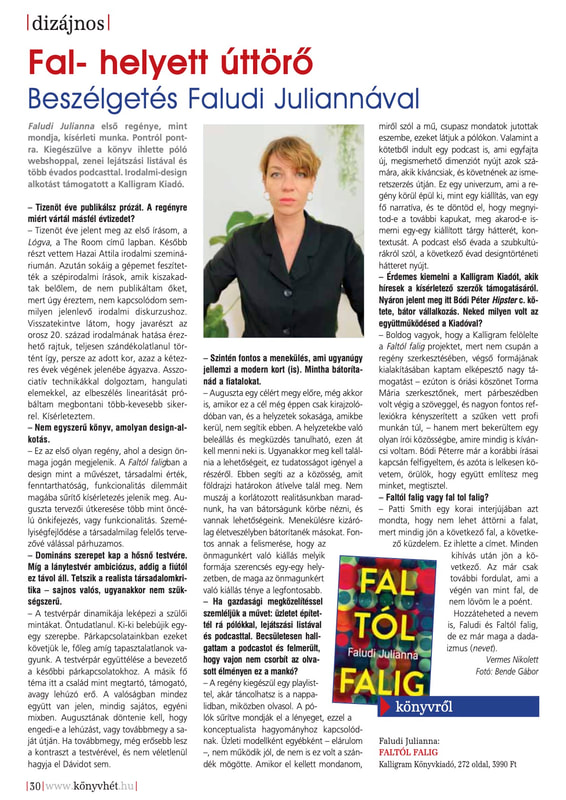
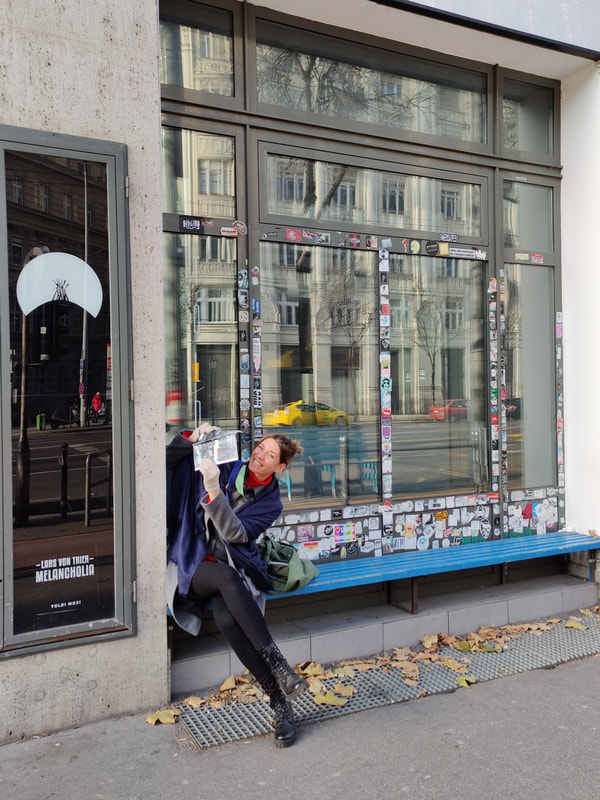
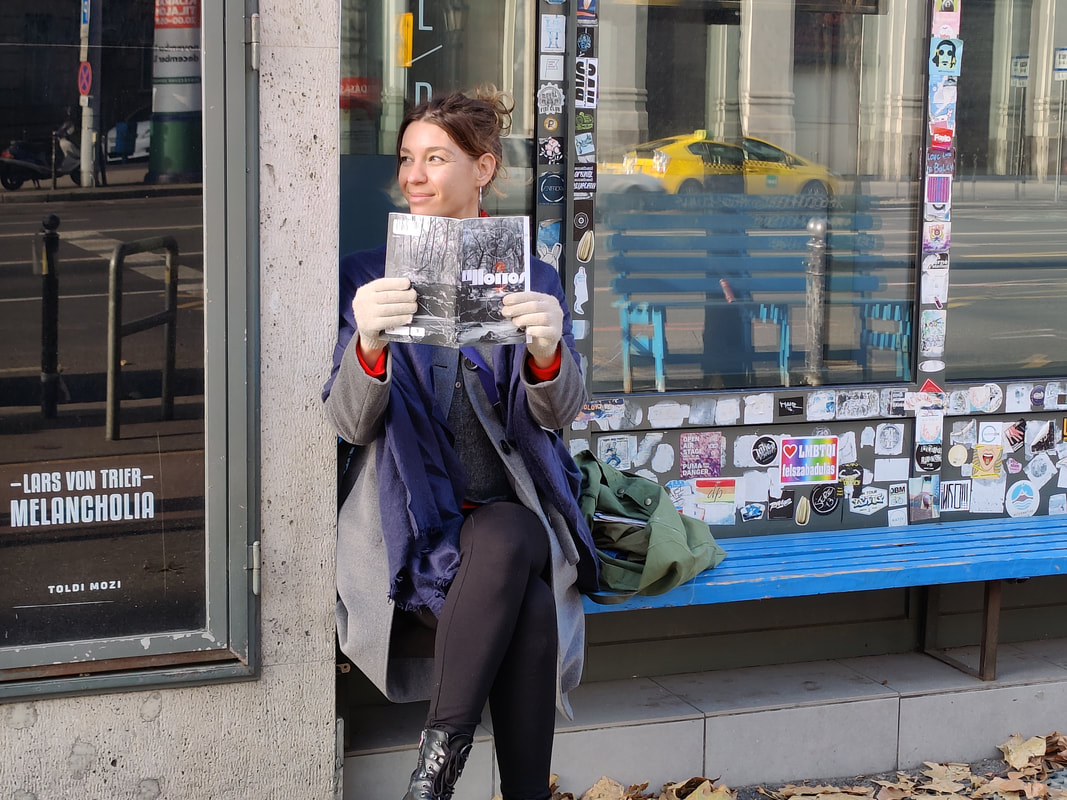
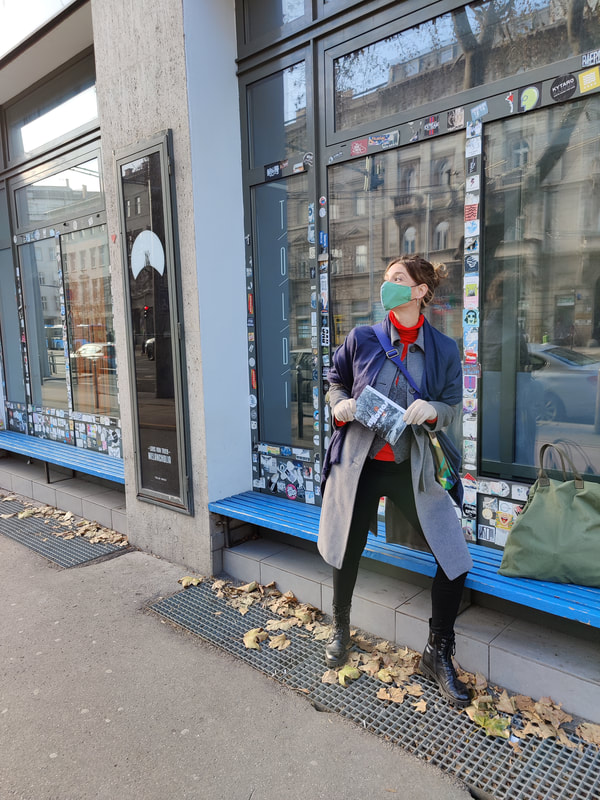
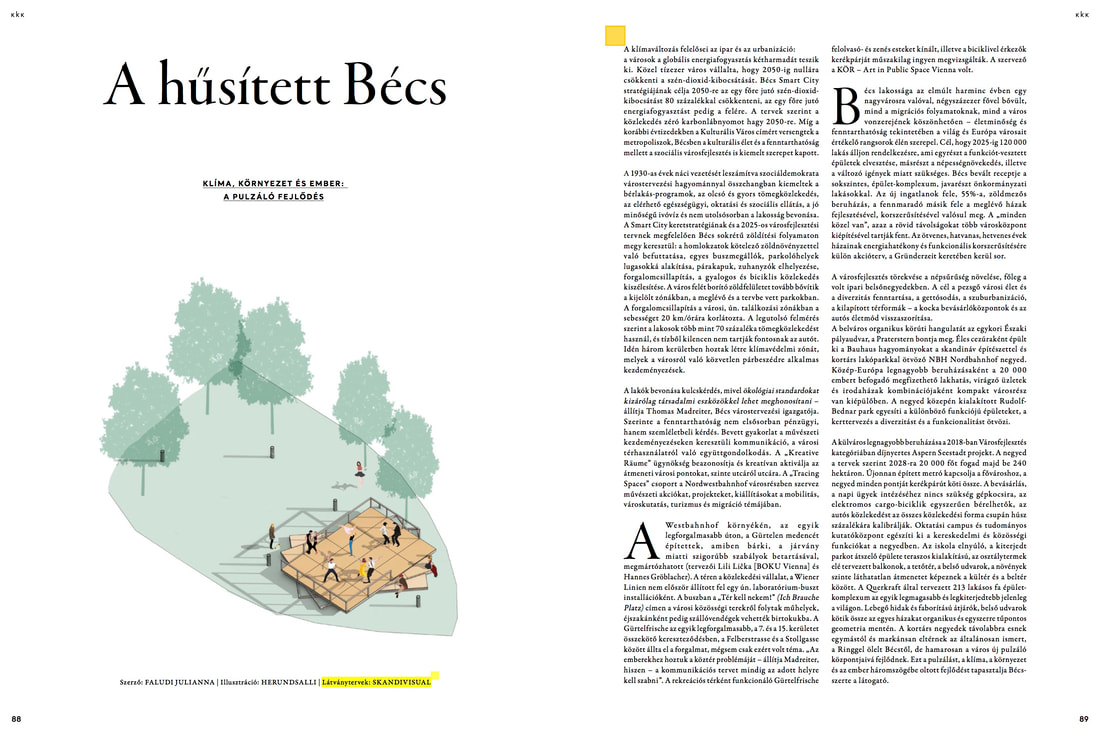
 RSS Feed
RSS Feed
